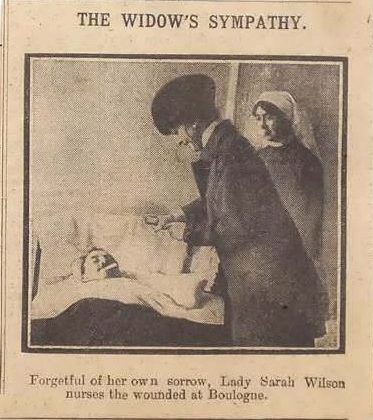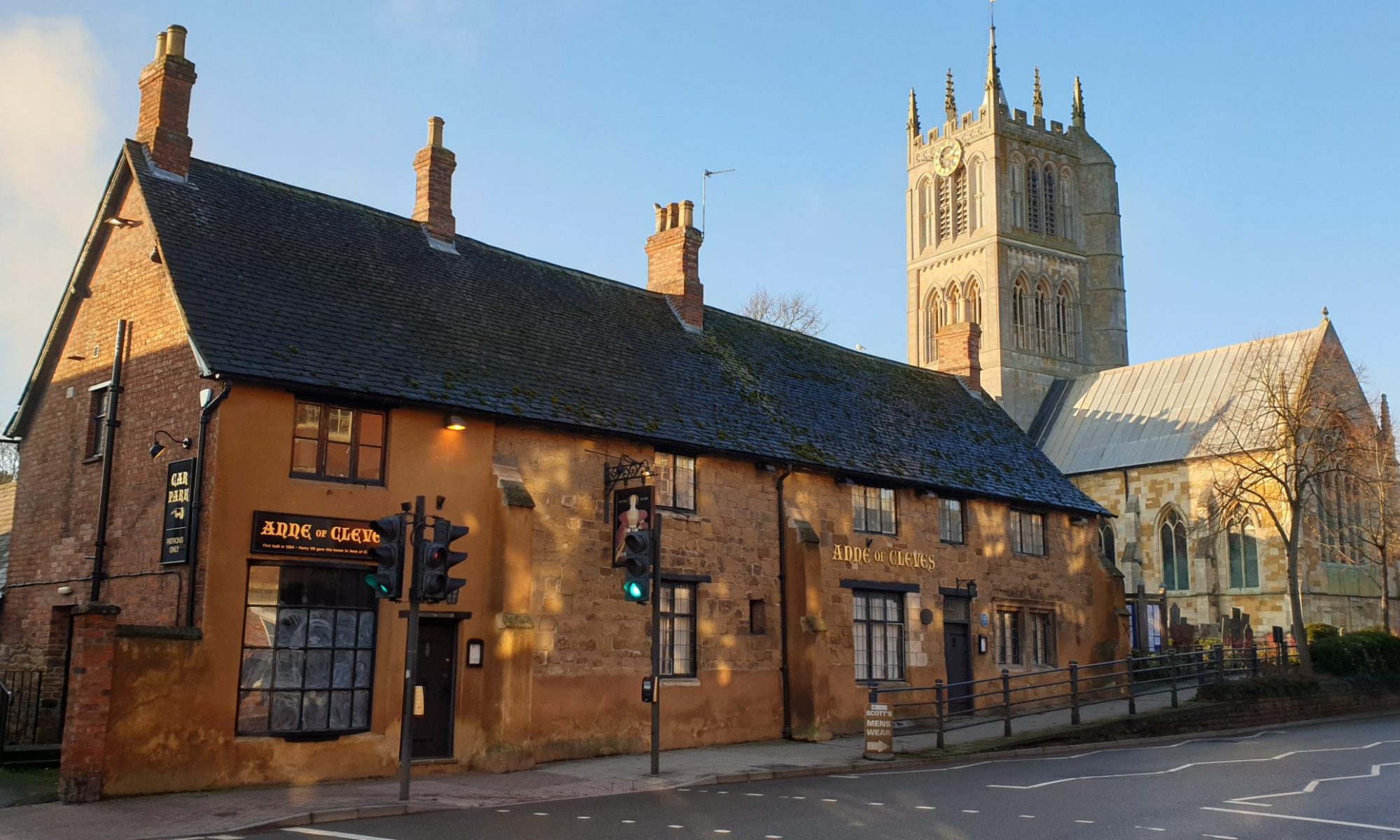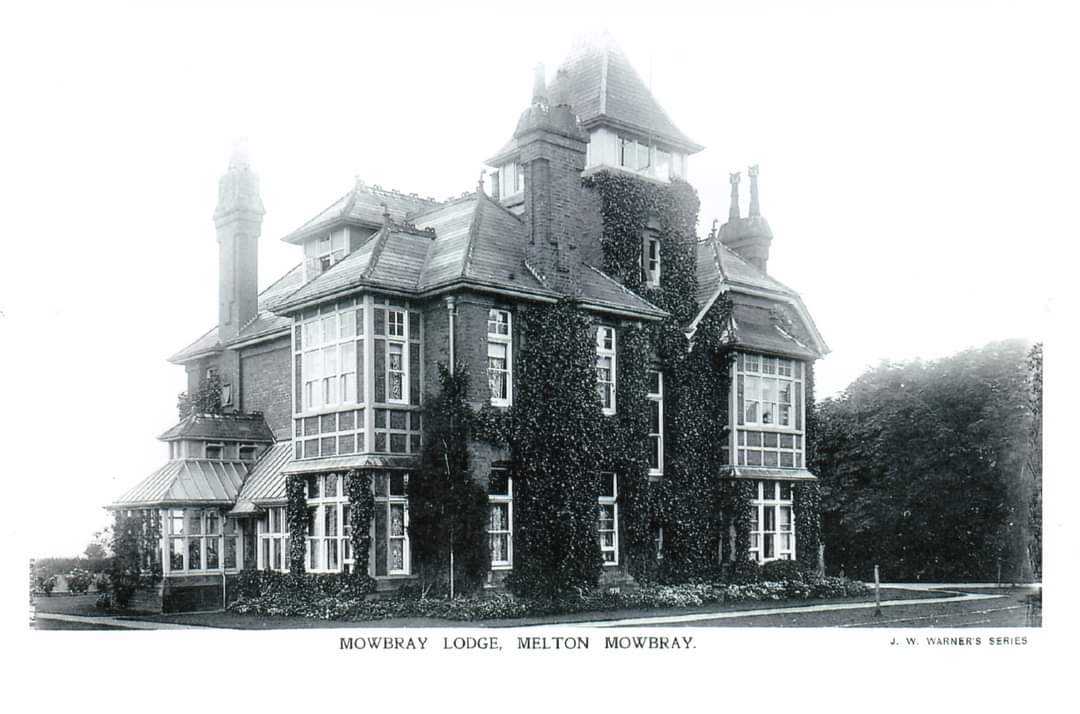Mowbray Lodge which used to be on Dalby Road opposite Warwick Lodge was built to the same design as Wicklow Lodge on Burton Road. The Mowbray Lodge was a hunting box for several seasons until 1898 when it was purchased by the Vicar of Melton, Reverend Richard Blakeney M.A. and his wife.
For several years, prior to the Vicar taking ownership, it was home to Captain Gordon Wilson and his wife Lady Sarah, whilst they were hunting with the Quorn Hounds. Lady Sarah was the youngest daughter of the 7th Duke of Marlborough, John Spencer-Churchill. As a member of the Churchill family, she was aunt to Winston Churchill.
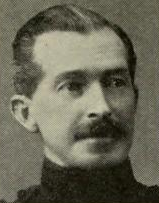
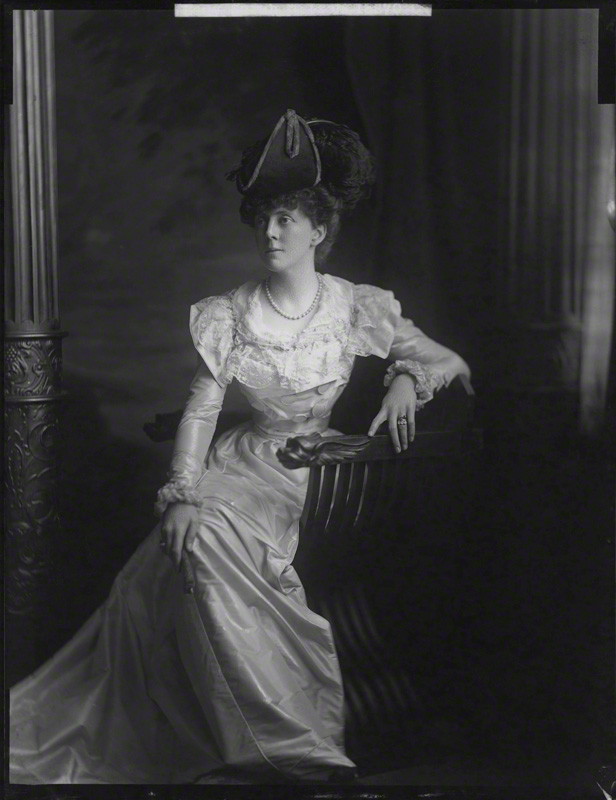
Their son, Randolph Gordon Wilson was born at Mowbray Lodge and was baptised by the Reverend Blakeney at St Mary’s Church on Sunday 26th February 1893. He later went on to serve in the Royal Naval Air Service during WW1 and later the Royal Air Force following the merge of the RNAS and Royal Flying Corps.
Following the sale of Mowbray Lodge, the Wilsons moved into Brooksby Hall in 1897 where they stayed until 1904.
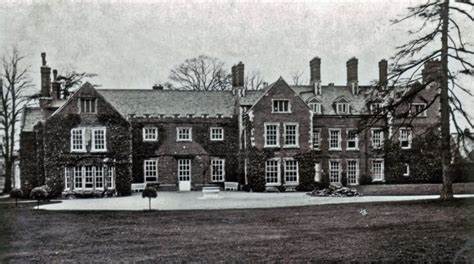
Gordon Wilson joined the Royal Horse Guards from the Militia in May 1887, becoming a Lieutenant in December 1888 and a Captain in 1894.
He took part in the Boer War serving as Aide-de Camp to Colonel Robert Baden-Powell who was the Commanding Officer of the Frontier Forces at Mafeking from August 1899 to May 1900 and after appointment as Major General South Africa from May 1900 to July 1900.
He was present at the defence of Mafeking, taking part in the actions of 26th December 1899 and 12th May 1900. He was twice Mentioned in Despatches in the London Gazette on the 8th February 1901 and the 10th September 1901.
Lady Sarah went out to South Africa to join him and in 1899 was recruited by Alfred Harmsworth to cover the Siege of Mafeking for the Daily Mail after one of the Mail correspondents, Ralph Hellawell, was arrested by the Boers as he tried to get out of the besieged town of Mafeking to send his dispatch. Having thus become the first woman war correspondent, Baden-Powell asked her to leave Mafeking for her own safety after the Boers threatened to storm the British garrison.
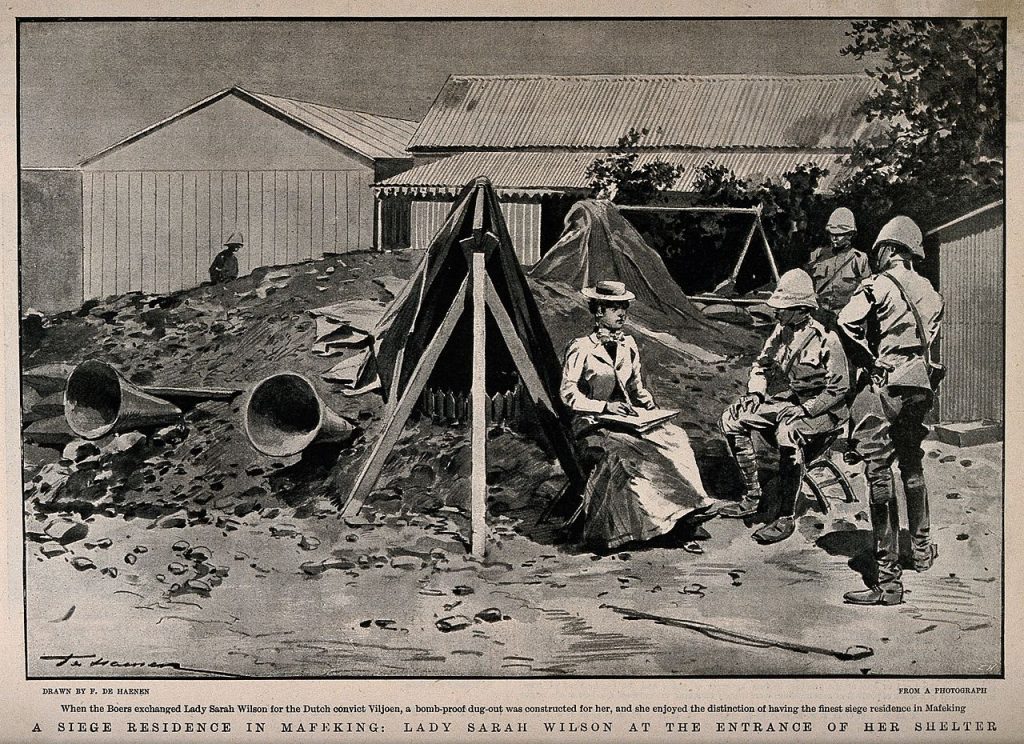
This she duly did, and set off on a madcap adventure in the company of her maid, travelling through the South African countryside. when she was about 15 miles from Mafeking, she attempted to send back a message by carrier pigeon. The pigeon was not very well trained, and instead of flying back to Mafeking, it went and landed on the rooff of the Boer Commanders house who duly acertained who she was and where she was. She was captured by the enemy and taken prisoner before being returned to the town in exchange for a horse thief.
When she re-entered Mafeking she found it had not been attacked as predicted. Over four miles of trenches had been dug and 800 bomb shelters built to protect the residents from the constant shelling of the town.
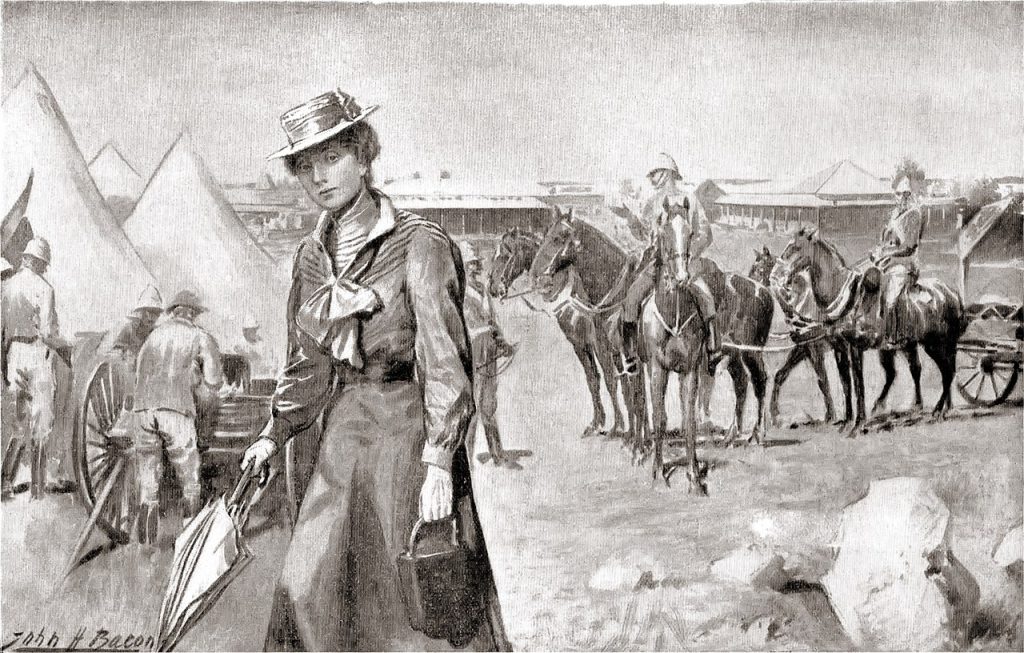
On 26 March 1900, she wrote: “The Boers have been extremely active during the last few days. Yesterday we were heavily shelled and suffered eight casualties … Corporal Ironside had his thigh smashed the day before, and Private Webbe, of the Cape Police, had his head blown off in the brickfields trenches.”
Although death and destruction surrounded her, she preferred not to dwell too much on the horrors of the siege. She described cycling events held on Sundays and the town’s celebration of Colonel Baden-Powell’s birthday which was declared a holiday. Despite these cheery events, dwindling food supplies became a constant theme in the stories which she sent back to the Mail and the situation seemed hopeless when the garrison was hit by an outbreak of malarial typhoid. In this weakened state the Boers managed to penetrate the outskirts of the town, but the British stood firm and repelled the assault. The siege finally ended after 217 days when the Royal Horse and Canadian Artillery galloped into Mafeking on 17 May 1900.
He was promoted to Major in January 1903, Brevet Lieutenant-Colonel in October 1907 and took command of his regiment in October 1911 as Lieutenant-Colonel.
On the outbreak of World War One, Gordon left for France as Lt. Colonel in the Royal Horse Guards.
Lady Sarah also went to France and was running a hospital for injured soldiers in Boulogne. It was at this hospital that Major Tony Markham who lived at The House, Melton Mowbray died after being wounded in action.
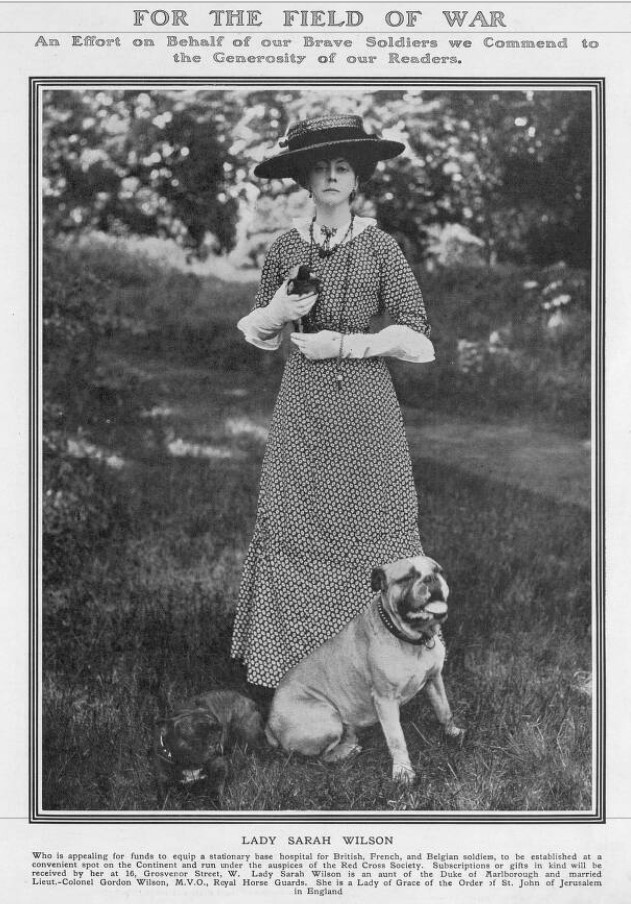
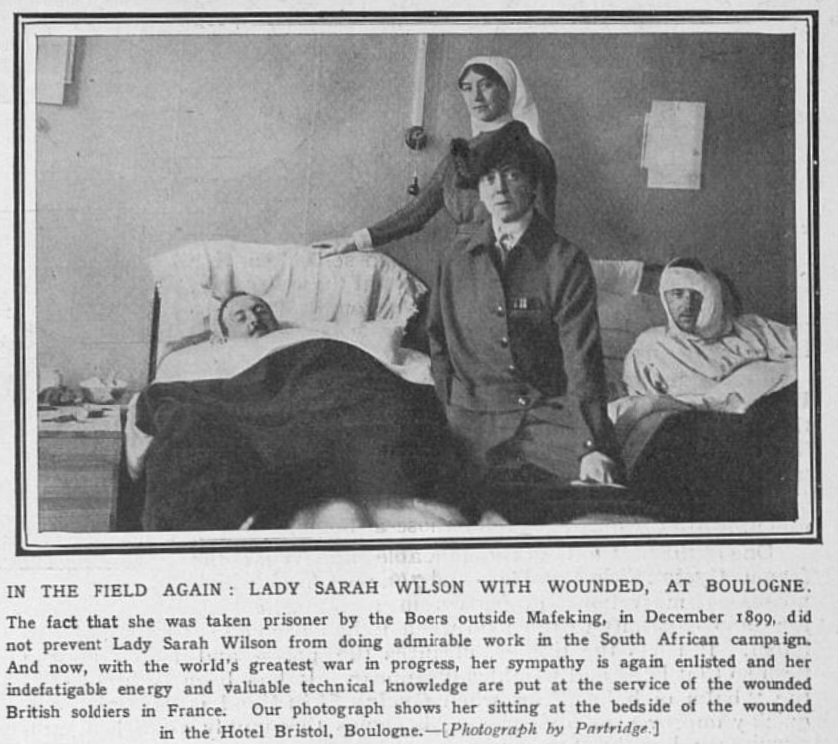
It was whilst she was at Bolougne that she heard that her husband Gordon had died from wounds received in action, on 6 November 1914. Gordon is buried in a CWGC grave at Zillebeke Churchyard in Belgium. See his CWGC record for more details.
